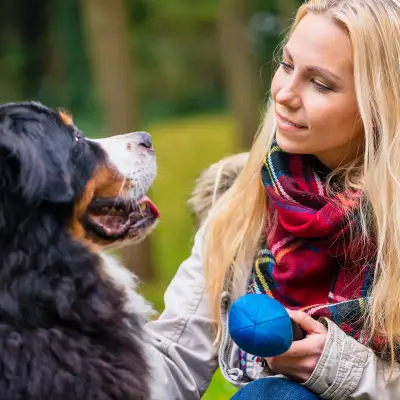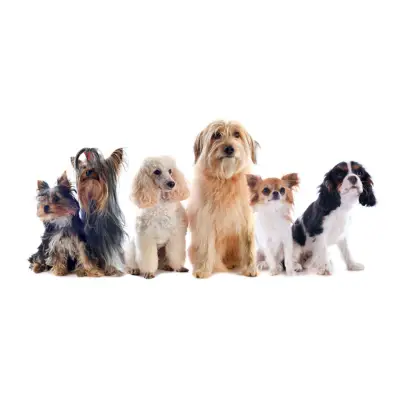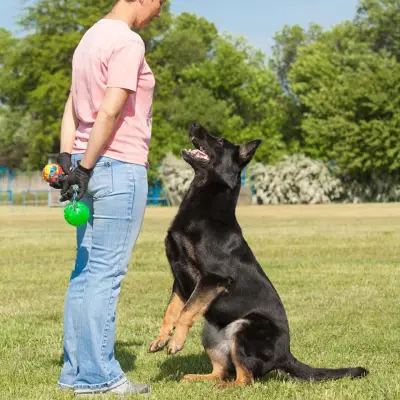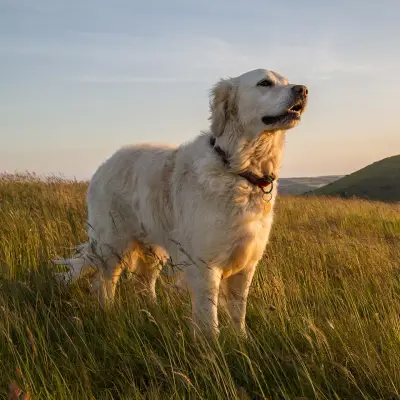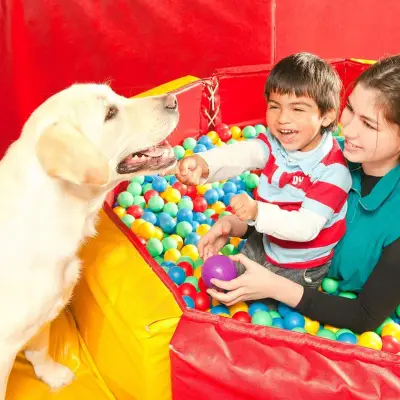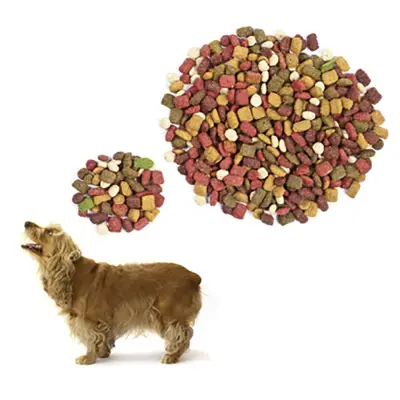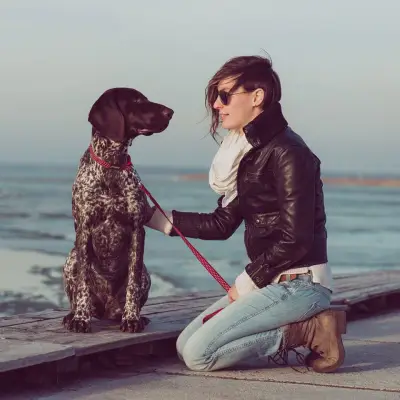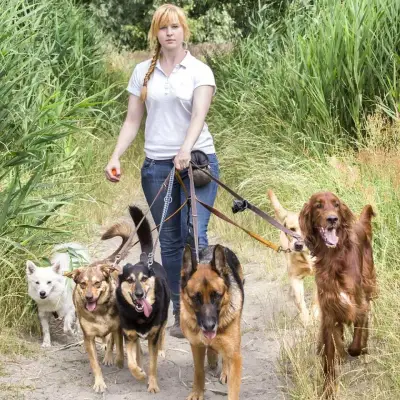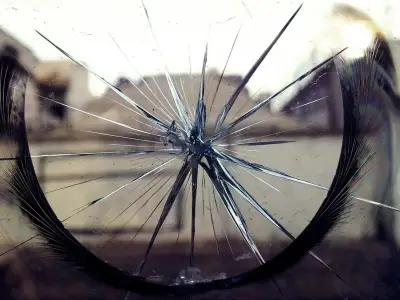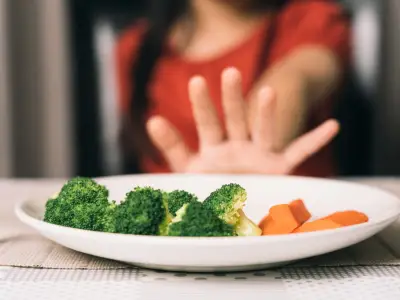Socialisation is a key part of helping your puppy grow into a confident, well-adjusted dog who knows how to interact appropriately with people, other dogs, and the world around them.
Whether you’re a first-time dog owner or just looking for some helpful tips to ensure your puppy has the best start, this guide covers everything you need to know about how to socialise your puppy.
Jump to:
- What is Puppy Socialisation?
- Why is Socialising a Puppy So Important?
- At What Age Should Puppies Start Socialising?
- The Puppy Socialisation Checklist
- Puppy Socialisation Plan Week by Week
- Tools for Puppy Socialisation
- Common Mistakes to Avoid During Puppy Socialisation
- How to Teach a Puppy to Ignore Other Dogs
- Signs of an Unsocialised Dog
- Frequently Asked Questions
- Study Our Dog Training Diploma for £29
Recommended for you!
Best SellersWhat is Puppy Socialisation?
Puppy socialisation refers to the process of exposing your puppy to various experiences, environments, people, and other animals in a controlled way to help them build confidence and learn acceptable behaviours. The aim is to prevent anxiety, and behavioural issues later in life.
Why is Socialising a Puppy So Important?
The first few months of a puppy’s life (the socialisation window) are the most influential for shaping their behaviour. If done correctly, socialisation will set the foundation for your puppy to grow into a friendly, well-mannered dog. Without it, however, they could develop fears or phobias that may turn into problems like aggression and excessive barking.
The socialisation period for puppies doesn’t last forever; the most effective socialisation window is between 3 and 14 weeks of age. After this period, your puppy becomes less impressionable, making it harder to introduce them to new experiences and people.
At What Age Should Puppies Start Socialising?
It’s best to start socialising your puppy as early as possible, ideally from the age of 8 weeks. However, it’s not always realistic to begin the process immediately, especially if your puppy hasn’t had their first vaccinations. Once they’ve had the all-clear from your vet, you can begin socialisation with careful planning.
Even if your puppy is older than 8 weeks, it’s never too late to start socialising. If you adopt a dog after 3 months, socialisation is still possible. The key is to take things slowly and patiently.
The Puppy Socialisation Checklist
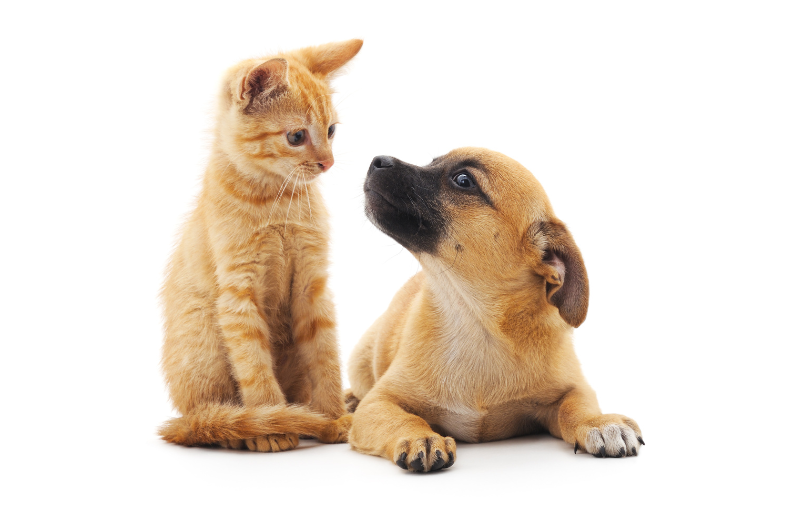
To make sure you cover all the key aspects of socialisation, here’s a simple checklist to help guide you:
- People: Expose your puppy to different people, including children, men, women, and people of all shapes, sizes, and appearances.
- Other Animals: Introduce your puppy to other dogs, cats, and animals in a safe, controlled manner.
- New Experiences: Take your puppy to various environments like parks, busy streets, suburban areas, and countryside. Let them experience different sights, sounds, and smells.
- Handling: Get your puppy used to being groomed and examined (ears, paws, teeth) to ensure they’re comfortable with it in the future.
- Sounds: Play recordings of everyday sounds like traffic, doorbells, and vacuum cleaners to desensitise your puppy to noises they might encounter.
Puppy Socialisation Plan Week by Week
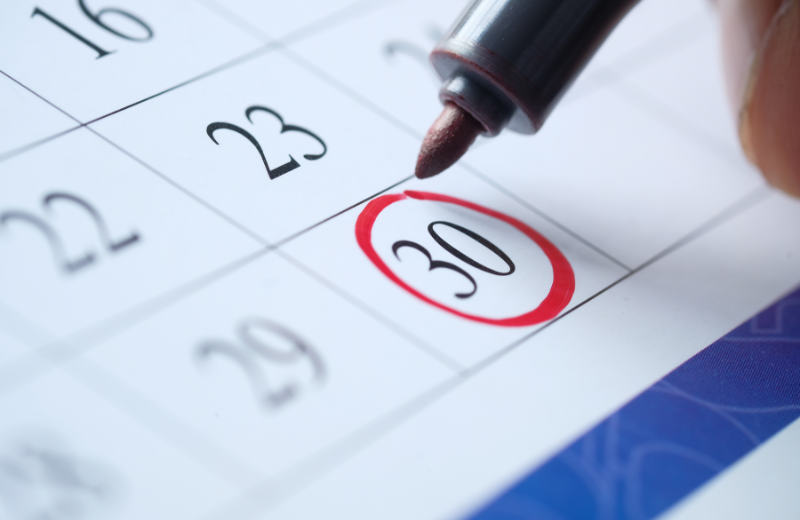
Your puppy’s socialisation plan should be structured and gradual. Here’s an example of how you can break down socialisation by weeks:
Weeks 1-2: Getting to Know You
Start by introducing your puppy to the members of your household, including children and other pets. Focus on building positive associations through calm and friendly interactions.
Weeks 3-4: Outdoor Adventures
Once your puppy is comfortable with your home, take them outside to explore the world around them. Start with quieter areas like your garden or a peaceful park. Gradually move on to busier locations like the high street or pet-friendly cafes. This will help them learn how to behave in different environments.
Weeks 5-6: Socialising with Other Dogs
Introduce your puppy to other well-socialised, vaccinated dogs in controlled settings, like puppy classes or playdates with dogs you trust. Watch for any signs of fear or discomfort and step in if needed to prevent negative experiences.
Weeks 7-8: Continued Exposure
Continue exposing your puppy to new environments, sounds, and experiences. Encourage your puppy to explore and build their confidence. This might include taking them on car rides or introducing them to new experiences, such as meeting strangers or visiting shops.
Tools for Puppy Socialisation
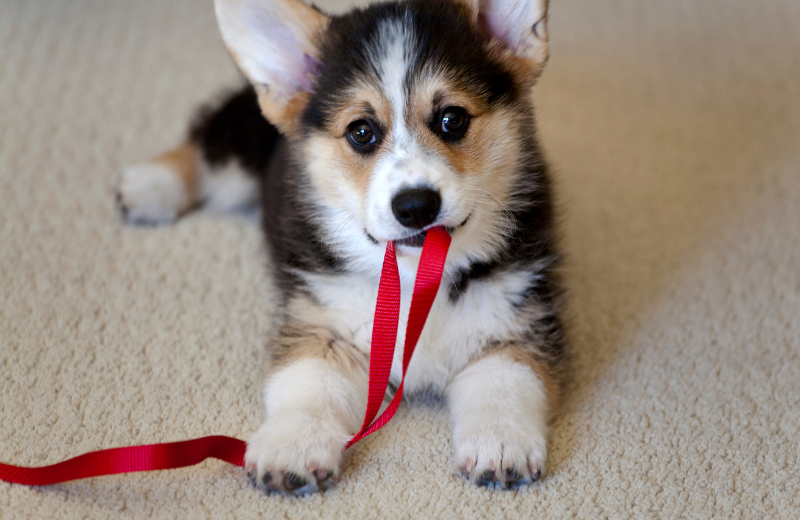
There are various tools that can make the socialisation process smoother for both you and your puppy. Here are some essentials:
- Puppy Classes: Puppy training classes are a fantastic way to help your puppy learn basic commands while socialising with other dogs in a controlled environment. It also allows you to meet other pet owners and get expert guidance from trainers.
- Leash & Harness: A well-fitting leash and harness are important for keeping control during socialisation. These tools allow you to guide your puppy while ensuring they’re safe, especially when interacting with unfamiliar dogs or people.
- Treats: Positive reinforcement makes all the difference during the socialisation process. Use treats to reward good behaviour and help your puppy make positive associations with new experiences.
- Socialisation Apps or Guides: There are many apps and online resources available that provide a step-by-step puppy socialisation plan, complete with tips on the best ways to handle different situations.
Common Mistakes to Avoid During Puppy Socialisation
While socialisation is essential, it’s just as important to avoid certain behaviours that can hinder the process. Here are a few things to keep in mind:
- Don’t Overwhelm Your Puppy: Introduce new experiences gradually. Overloading your puppy with too much too soon can lead to stress and fear.
- Don’t Force Interactions: If your puppy is scared or reluctant to interact with a new person or dog, don’t force them. Instead, allow them to approach at their own pace and offer rewards for calm behaviour.
- Avoid Negative Associations: If your puppy has a bad experience, they may associate that situation with fear. Try to ensure all interactions are positive and relaxed.
How to Teach a Puppy to Ignore Other Dogs
It’s normal for puppies to be curious about other dogs, but you don’t want them to develop a habit of lunging or barking at every dog they see on walks. Here’s how to help your puppy stay calm:
- Distraction: Use treats or toys to distract your puppy when they notice another dog, redirecting their focus away from the other dog.
- Positive Reinforcement: Reward your puppy when they remain calm around other dogs. This will teach them that staying calm results in positive outcomes.
- Training: Basic obedience commands like "sit" or "stay" can help your puppy focus on you instead of reacting to other dogs.
Signs of an Unsocialised Dog
An unsocialised dog might display signs of fear, anxiety, and aggression in new situations. They may avoid people or react negatively to other dogs. If left unchecked, these behaviours can escalate, leading to more severe problems.
Recommended for you!
Best SellersFrequently Asked Questions
Can puppies be socialised with cats?
Puppies can and should be socialised with cats if they will be living together. The process should be gradual, ensuring that the puppy learns to interact calmly with cats and other household pets.
How do I know if my puppy is socialising correctly?
Signs that your puppy is socialising well include a relaxed body posture, a willingness to explore, and positive interactions with people and other animals. If they seem anxious or aggressive, it may be a sign that you need to slow down the process and provide more support.
What if my puppy doesn’t enjoy meeting other dogs?
Some puppies are naturally more reserved or cautious when meeting other dogs. If this is the case, don’t force the interaction. Allow your puppy to observe from a distance and reward calm behaviour. Gradually reduce the distance over time as your puppy becomes more comfortable.
How do I handle my puppy’s fear of new experiences or sounds?
If your puppy is afraid of new experiences or sounds, desensitisation can help. Gradually introduce them to the sound or experience at a low level and pair it with something positive, like treats or play. For example, start with a soft sound and slowly increase the volume as your puppy becomes more comfortable.
Can socialisation help prevent separation anxiety in puppies?
Proper socialisation can help reduce the risk of separation anxiety. By exposing your puppy to a variety of people, environments, and situations, you’re helping them become more confident and less likely to develop anxiety when left alone. The more your puppy experiences, the more comfortable they will be with being apart from you.
Study Our Dog Training Diploma for £29
If you're ready to deepen your understanding and become a confident, knowledgeable trainer, consider taking the Dog Training Diploma Course with Centre of Excellence. Whether you're a dog owner, aspiring trainer, or simply passionate about canine behaviour, this course offers comprehensive guidance suitable for all levels. And right now, you can enrol for just £29!
